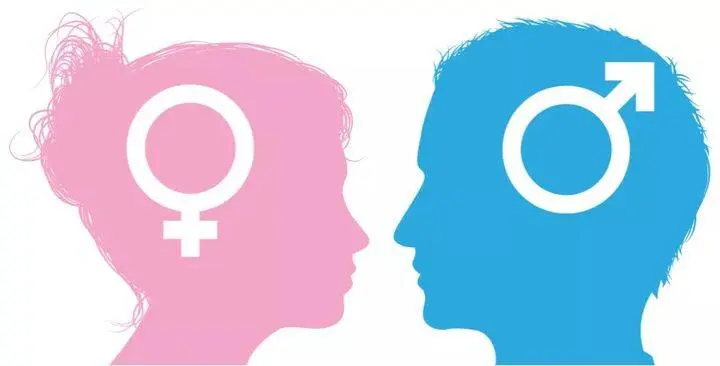Early puberty, the occurrence of secondary sexual characteristics before the age of 8 in girls and 9 in boys, has become a growing concern in recent years. This article aims to provide a comprehensive understanding of the causes of early puberty and practical preventive measures that parents can take to mitigate its occurrence. By addressing factors such as excessive light exposure, central precocious puberty, environmental estrogen contamination, and lifestyle influences, parents can make informed decisions to create a healthy environment for their children. Implementing these preventive measures will contribute to the overall well-being and development of children, ensuring they progress through puberty at an appropriate age.
Causes of Early Puberty
Early puberty, characterized by the development of secondary sexual characteristics before the age of 8 in girls and 9 in boys, has become a concerning issue. The phenomenon of 5-year-old boys growing facial hair or 8-year-old girls experiencing menstruation raises questions about the underlying causes of early puberty.
One potential cause is excessive exposure to light. The pineal gland in our bodies secretes melatonin, which inhibits the release of gonadotropins from the pituitary gland. These gonadotropins stimulate the production of sex hormones. However, excessive light exposure can reduce melatonin secretion, potentially leading to early puberty.
Another cause is central precocious puberty, which is caused by organic brain lesions. In some cases, the exact underlying cause remains unknown and is referred to as idiopathic or "special type" precocious puberty. In girls, this accounts for 80-90% of cases, while in boys, it is approximately 40%. Some primary causes of central precocious puberty include brain tumors, infections, increased intracranial pressure, hydrocephalus, malformations, trauma, chemotherapy, and radiation therapy.
Environmental estrogen contamination is also a contributing factor. Estrogens can enter the body through the skin, oral intake, or inhalation, potentially triggering peripheral precocious puberty.
Additionally, certain aspects of a child's lifestyle and environment can contribute to early puberty. For example, premature exposure to sexually explicit books, images, or media can accelerate psychological maturity, which may subsequently trigger early puberty.

Preventive Measures for Early Puberty
To prevent early puberty in children, it is essential to take proactive measures. Here are some preventive strategies:
Avoid hormonal medications or supplements: In recent years, the increasing prevalence of early puberty can be attributed to the use of hormonal medications and supplements. Parents often unknowingly administer various growth-promoting oral liquids, intelligence-enhancing supplements, or immune-boosting drugs to their children. Many of these products contain hormones that can potentially contribute to early puberty. Therefore, it is crucial to avoid giving children such products without proper medical guidance.
Reduce consumption of out-of-season fruits and vegetables: In today's market, out-of-season fruits and vegetables are readily available throughout the year. However, the use of hormones to ripen these produce items is a common practice. To minimize the risk of hormone exposure, it is advisable to reduce the consumption of out-of-season fruits and vegetables.
Minimize exposure to pesticide residues in food: Pesticide residues in food can disrupt hormonal balance and potentially contribute to early puberty. While it is challenging to completely avoid pesticide residues, proper washing and peeling of fruits and vegetables can help reduce exposure. Additionally, opting for organic produce whenever possible can further minimize the risk.
Promote a dark sleeping environment: Melatonin, a hormone secreted by the pineal gland, plays a crucial role in inhibiting sex hormone production. Therefore, it is important to create a dark sleeping environment for children. Parents should avoid keeping lights on in the bedroom or using electronic devices that emit light before bedtime. If a night light is necessary, it should be placed at a distance from the child's sleeping area and emit soft, gentle light.
Limit intake of unhealthy foods and beverages: Certain foods and beverages can contribute to early puberty. Examples include fried foods, high-sugar foods, carbonated drinks, barbecued foods, and processed snacks. These items can disrupt hormonal balance and should be consumed in moderation or avoided altogether.
Avoid "hormone contamination" from cosmetic products: Some cosmetic products designed for adults may contain hormone-disrupting substances. Parents should be cautious when using their own cosmetics on children, as repeated exposure to these products can potentially contribute to early puberty. It is advisable to use child-friendly, hypoallergenic products specifically formulated for young skin.
By implementing these preventive measures, parents can take proactive steps to reduce the risk of early puberty in their children. Creating a healthy and hormone-balanced environment is essential for their overall well-being and development.




